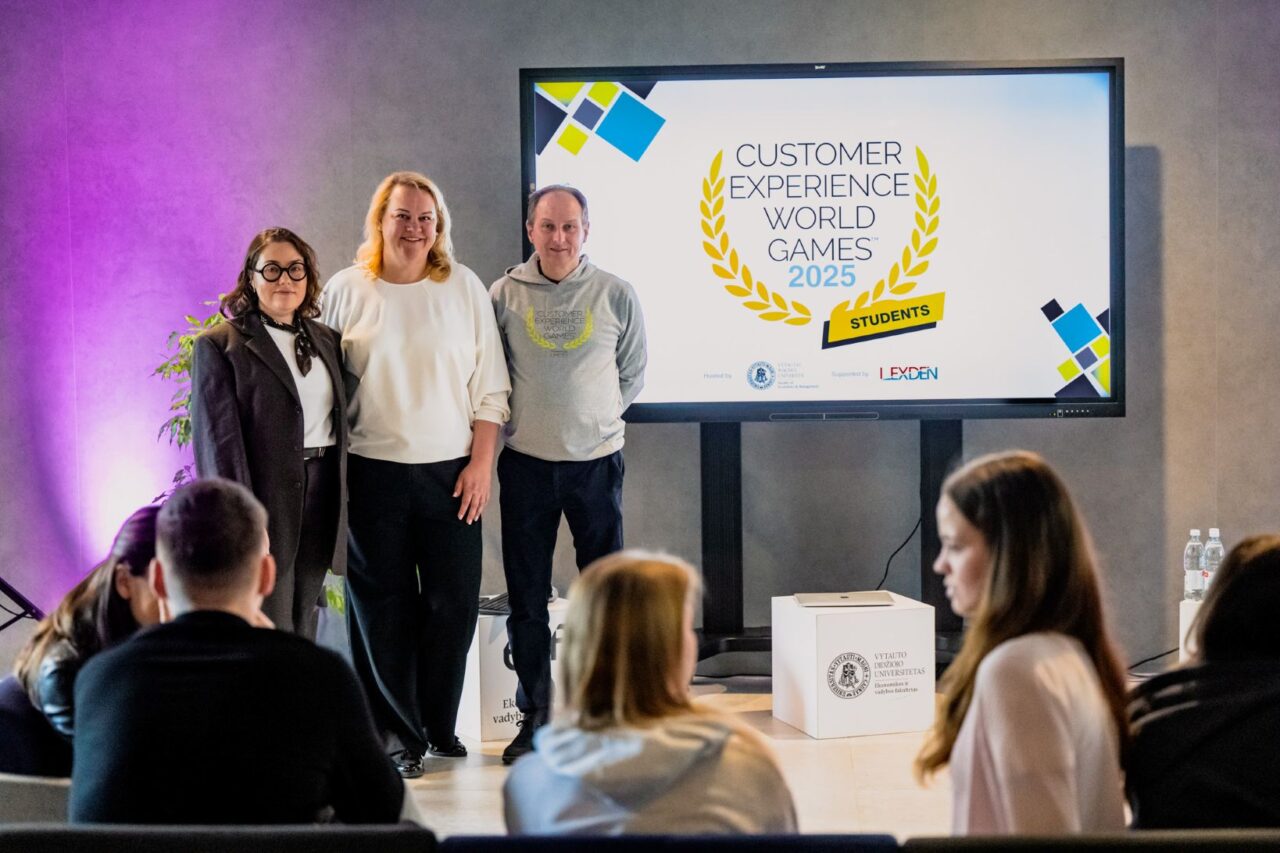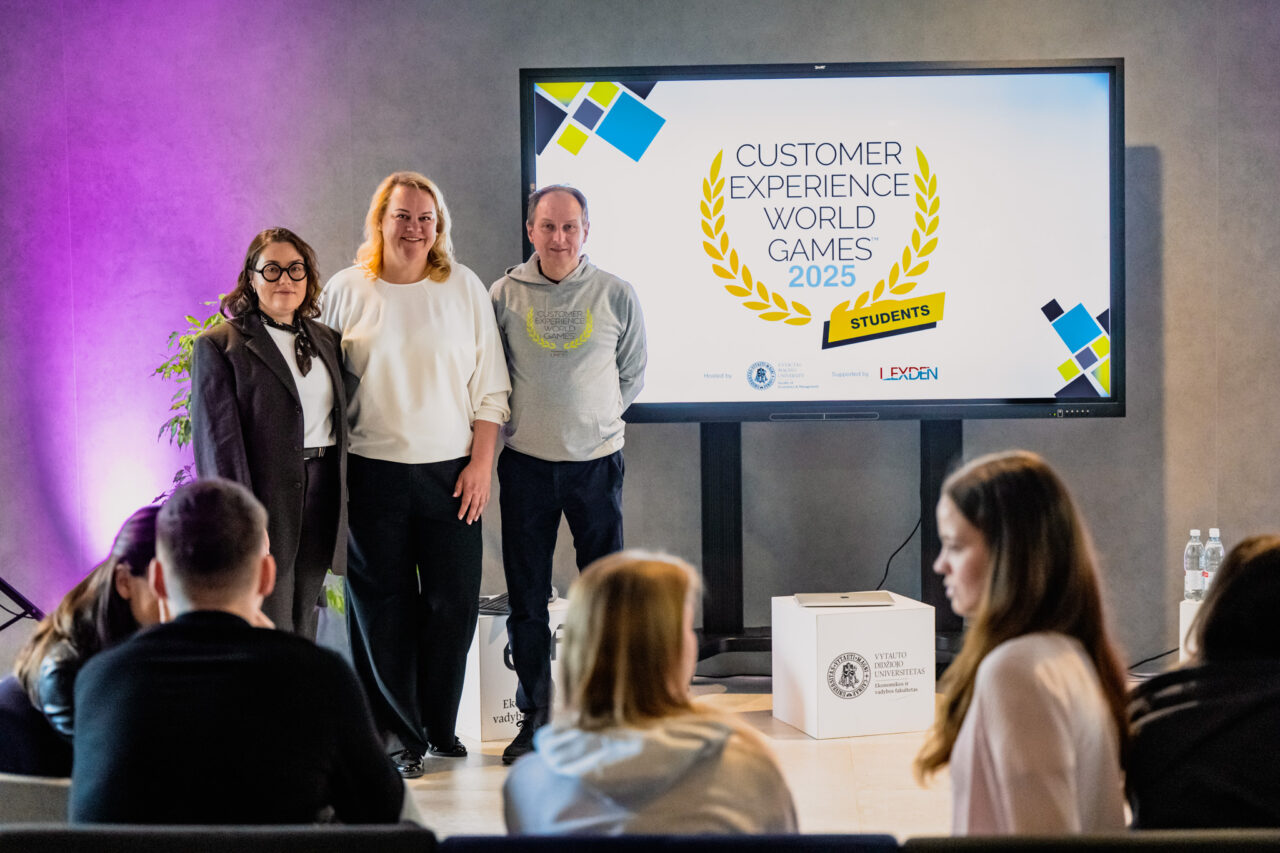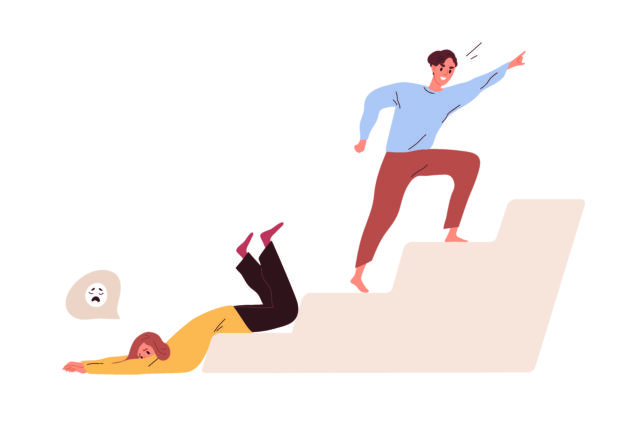May 15, 2025
Customer Experience World Games prepares for June launch

The Customer Experience (CX) World Games makes its return next month. The initiative, which started in 2020 in COVID, brings together a global taskforce of CX practitioners to solve customer experience dilemmas for charities.
Around 250 people are expected to register for the games that will run throughout June. Volunteers typically have a wide of range of skills and experiences that are brought to bear to solve real world problems.
“We have people from all levels and all sorts of companies,” Christopher Brooks, founder of the games, and a global CX specialist with Lexden Group, told Customer Experience Magazine.
“We have a very clear code of conduct. When you come in, you leave your business card at the door and you share everything you can, because you’ll learn lots more as other people share stuff too,” he added.
Although the organisers set the task, the teams follow their own devices when it comes to developing CX solutions. Players are free to give as much time as they’re able to develop the plan.
“The people that sign up for the games are focused on giving,” said Brooks
A repository of ‘good ideas’
Over the last five years, the foundation behind the games has accumulated a repository of ‘good ideas’ from the submitted plans. Although there is a panel of judges, the charities usually have the final word on the winner. Typically, a charity might identify and use components from each plan for their final strategy.
“Having these entries means that there are hundreds of solutions that a charity can go through,” added Brooks.
A notable project that the World Games teams workshopped was a brief from the Royal Society for the Protection of Children (RSPCA) to develop a whitepaper about the value of CX to charities. Previously it had struggled to find CX case studies with a charity or NGO perspective.
“We were fortunate, as we had people playing who worked on charities from different parts of the world,” explained Brooks.
“They were able to present the [RSPCA] with the case for charity CX work, which would’ve taken them a year to do. But within a week they had six entries, so they had everything they needed,” he added.
Scoring criteria
Scoring is based on how well the brief is understood and how realistic is it that the idea can go live. It’s essential the teams develop ideas that are low cost, but have a big impact.
For example, the games helped an educational charity based in India to design a web page that offered a good corporate experience. The site has since been credited with helping the charity raise $75,000 from a corporate sponsor.
Since its inception, the World Games has spawned two sister events — the Latin American (LATAM) Games and the Polish Games. These native language editions open up the concept to a wider audience who would rather compete in their local language.
It also enables them to support local charities which helps build a stronger connection between players and the outcome. According to Brooks, more regional editions are in the pipeline and hope to launch soon.
Introducing the CX World Games into universities
The games’ model and its fluid structure have also proved popular with corporates and universities.
At the end of April, Brooks visited the faculty of economics and management at Vytautas Magnus University, in Lithuania. There, 39 ‘masters’ students had lectures on CX and participated in a student edition of the games. During the games, organised by professor Asta Kyguolieñe, from the faculty economics and management, the teams develop a CX initiative for a local teenage mental health charity.
“The charity said it would implement the winning idea,” said Brooks.
This year’s World Games will run for the whole of June completely virtually. Participants are welcome to join at any point.
To sign up please click here.
Picture credit: Vytautas Magnus University, faculty of economics and management




